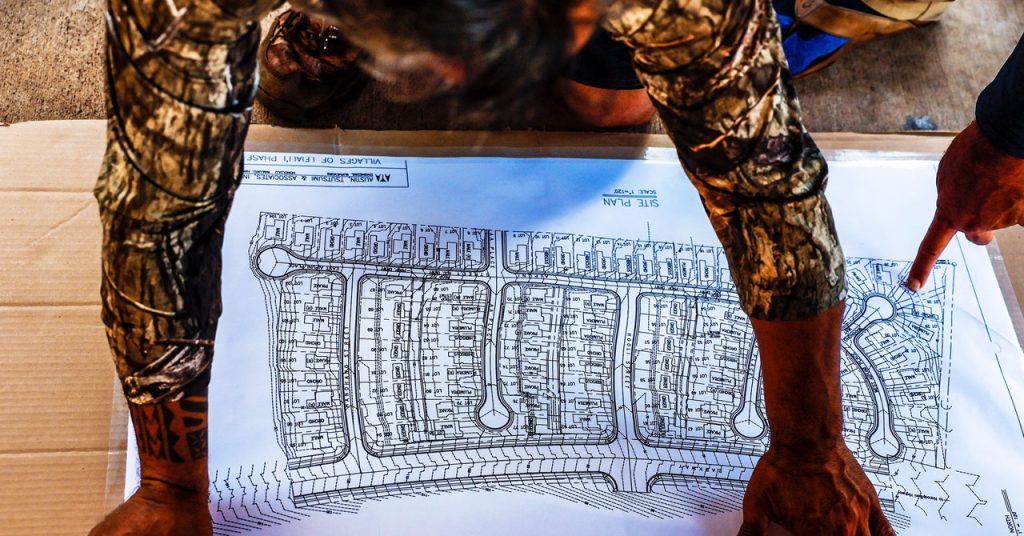Navigating the Aftermath of Disasters: Insights from an Emergency Planner
The Complexity of Decision-Making in a Crisis
In the midst of a catastrophe, there are no ideal choices. Every decision comes with a unique set of repercussions. The challenge for those in charge is to minimize the negative impacts of the decisions they are compelled to make.
The UK’s Post-Disaster Journey
The current situation in the UK is a typical phase following a major crisis. However, it is crucial to continue learning from the experience. The UK government’s Covid inquiry has been criticized for focusing on the wrong questions, such as personal interactions and the actions of individuals who may not be responsible for managing the next crisis.
Addressing the Gaps in Emergency Planning
The inquiry should focus on understanding why existing plans were not effectively utilized and what emergency planning entails. It is essential to determine the best course of action for future crises.
Improving Public Communication
The pandemic revealed a significant lack of public understanding regarding emergency procedures. There was inadequate communication with the public about the situation, including the nature of a pandemic, its progression to an endemic state, and other critical aspects. It is imperative to reassess our approach to conveying scientific and medical information to the public.
The Long-Term Impact of Disasters
Bluntly, I don’t see disasters end. That’s not how it works. Parts of the community will want to move on, and particularly people like the bereaved will not.
Disasters can have lasting effects on people’s physical and mental well-being, as well as the environment. The need for support may resurface long after the event. Governments must be prepared to reactivate their response for decades, which can be challenging.
Preparing for a Disaster
Individuals can take steps to prepare for a disaster, such as having backup power sources, maintaining good health, and considering difficult aspects like the loss of a loved one. It is also important to have a will, a lasting power of attorney, and clear next-of-kin arrangements.
Embracing an Emergency Planner’s Mindset
Rather than worrying about disasters, it is more productive to think like an emergency planner. This involves discussing potential scenarios and determining the best course of action. People should consider what they would demand of themselves, their family, their state, and their communities in the face of a disaster.

6 Comments
Emergency Planners finally getting their time to shine, who knew chaos could bring such opportunity
When the world gets shaky, emergency planners stand unshaken in the limelight.
Madeline Hayes: It seems turmoil is the stage where emergency planners truly get to show off their skills, doesn’t it
Chaos isn’t just a disruptor, it’s the ultimate career booster for emergency planners.
Sylvan: For emergency planners, it’s like the chaos rolls out the red carpet for them, isn’t it
In turbulent times, emergency planners don’t just work the spotlight, they practically build it.